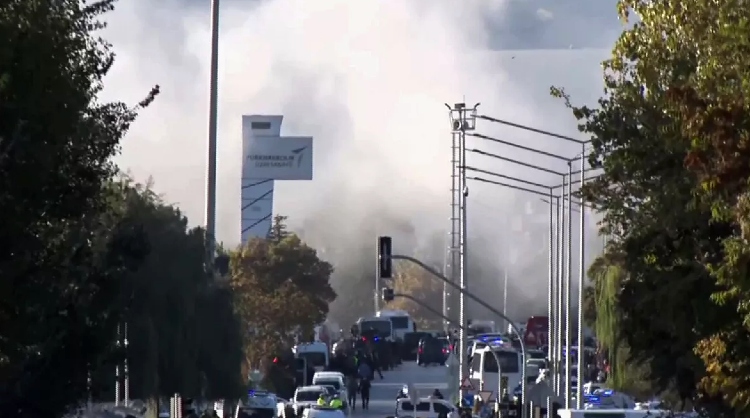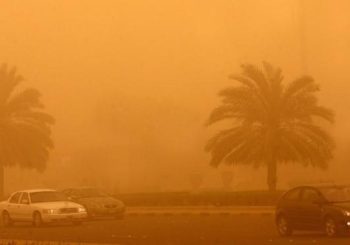Egypt condemned the terrorist attack on the Aerospace Industries Company (TUSAS) in Ankara, Turkey, which resulted in multiple casualties and injuries.
The Ministry of Foreign Affairs issued a statement on Wednesday 23 October reaffirming Egypt’s strong opposition to any acts of terrorism that threaten the security and stability of Turkey.
The attack, carried out by two assailants who detonated explosives and opened fire at the state-run aerospace company, left at least four people dead and injured over a dozen others.
Egyptian officials expressed their full solidarity with the Turkish government and its people during this critical time, extending heartfelt condolences to the families of the victims and wishing a swift recovery for the injured.
Egypt’s statement emphasized the importance of standing against terrorism in all its forms and highlighted the nation’s commitment to supporting Turkey in these challenging circumstances.
While the identity of the attackers has not been confirmed, Turkish officials have suggested a potential link to the militant Kurdistan Workers’ Party (PKK).
The attack in Ankara took place a day after the leader of Turkey’s far-right Nationalist Movement Party, an ally of President Erdoğan, suggested that the imprisoned leader of the PKK could be released on parole if he renounced violence and disbanded his organization.
Recognized as a terrorist organization by several countries, including the U.S., the PKK was founded in 1984 and is driven by an ideology rooted in revolutionary Marxism-Leninism and separatist ethno-nationalism.
The PKK is classified as a terrorist organization by the U.S., the U.K., the EU, Turkey, Iran, Syria, and Australia. However, the UN and other countries, such as Russia, China, Switzerland, Egypt, and India, do not categorize it as a terrorist group.
The organization aims to primarily target police, military, and civilian infrastructure. Their tactics include direct attacks on social assets, kidnappings, and unconventional methods such as poisoning water supplies.
Historically, the PKK found sanctuary in regions such as Syria and Iraq, establishing training camps after the Gulf War. Its funding sources are varied, involving organized crime, drug trafficking, and illegal human smuggling.
Additionally, the PKK has established affiliations with groups in Iran, Syria, and Iraq, including the People’s Defense Units (YPG), a Kurdish militant group in Syria that serves as a primary component of the Syrian armed forces.







Comments (0)